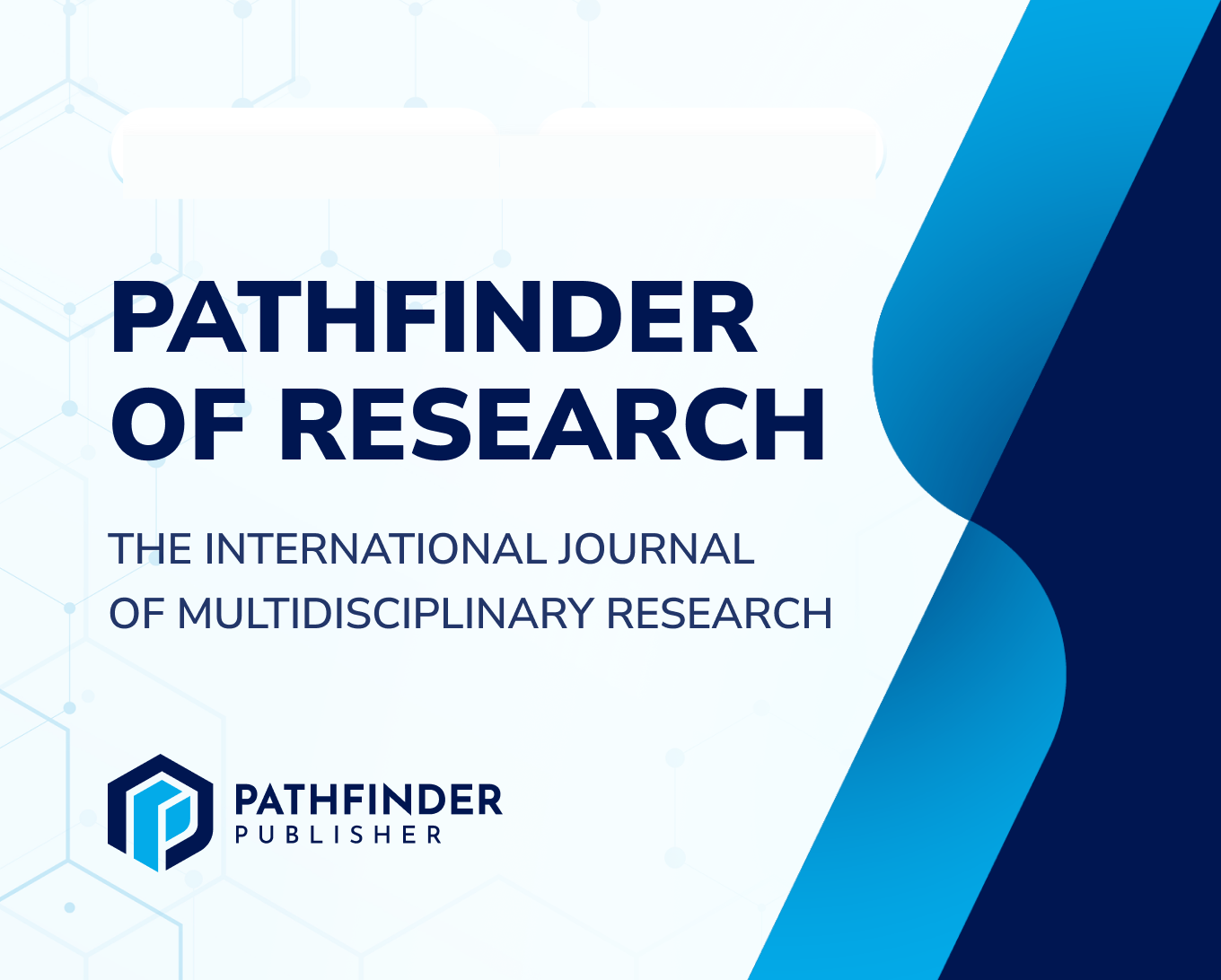Integrating Artificial Intelligence into Business Analytics: Sectoral Adoption Patterns and Strategic Implications in the United States
DOI:
https://doi.org/10.69937/pf.por.3.1.46Keywords:
Artificial Intelligence, Business Analytics, Organizational Readiness, Adoption, U.S. Industries, Digital Transformation, AI IntegrationAbstract
Artificial Intelligence (AI) is reshaping the landscape of business analytics by enabling a shift from retrospective evaluation to predictive, autonomous, and strategic decision-making. This review critically examines the patterns of AI adoption across key U.S. sectors finance, healthcare, retail, and manufacturing highlighting sector-specific enablers, institutional readiness, regulatory landscapes, and performance implications. Employing a thematic qualitative framework supported by organizational maturity models and sectoral readiness matrices, the study uncovers both the transformative potential and systemic barriers to scalable AI integration. Issues such as data fragmentation, ethical ambiguity, skill deficits, and governance inconsistencies are identified as key obstacles. Cross-sector innovation spillovers are analyzed to demonstrate how transferable AI solutions can enhance organizational learning and adaptability. The study concludes with actionable recommendations for aligning technological investment with ethical governance, workforce capability, and regulatory compliance. These findings provide a policy-relevant knowledge base for industry leaders, regulators, and researchers aiming to implement sustainable, responsible, and context-sensitive AI strategies.



